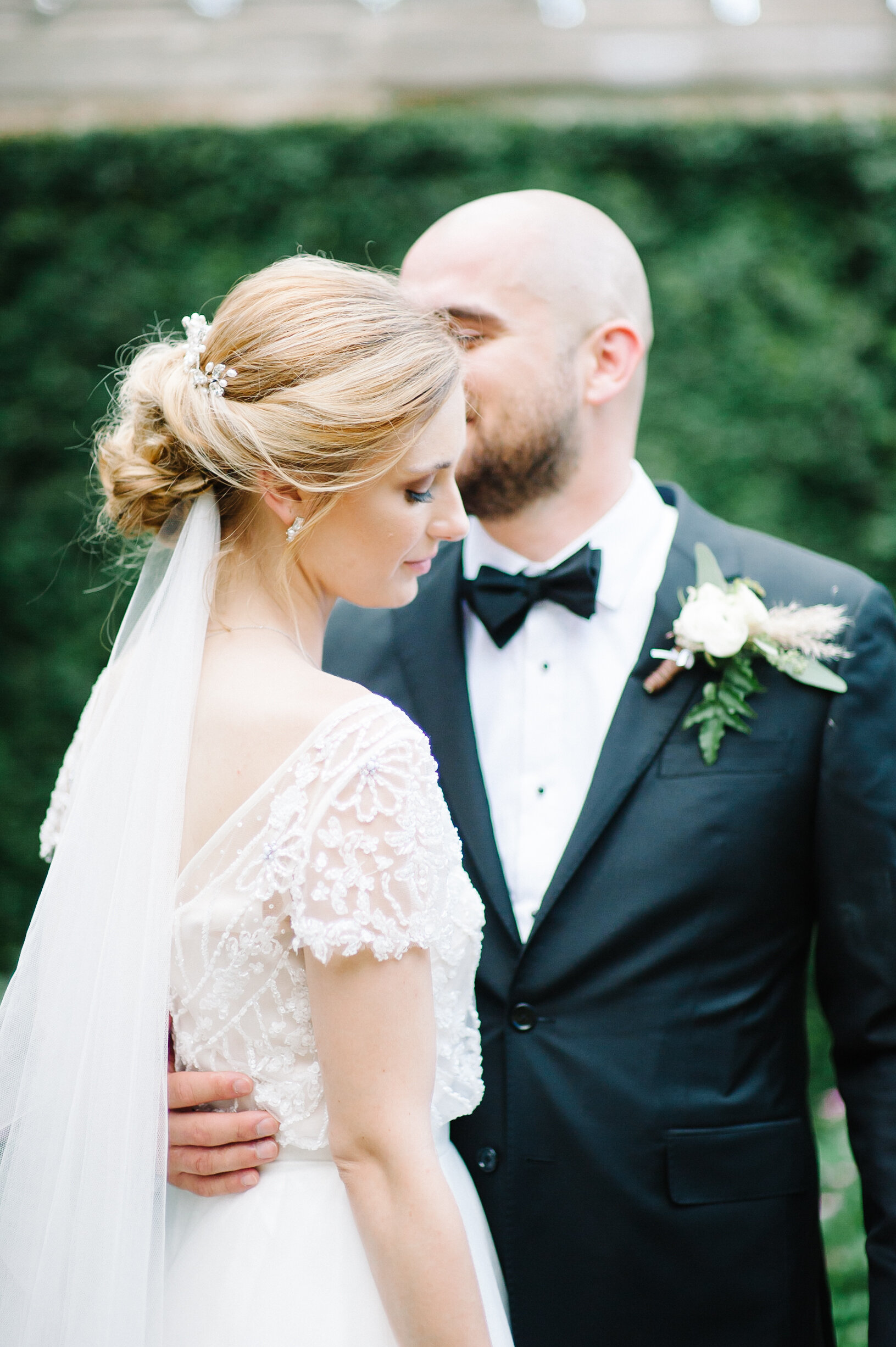Growing up, most of my friends considered me the “holy” or “faithful” one. I was the one no one wanted at their birthday party, because I was the “goody-good,” the one with a strict moral compass. If I didn’t do it, who would? Jesus said, “The harvest is abundant but the laborers are few.” Of all of the young people I knew, someone had to step up to the call of religious life. If it wasn’t going to be me, who would it be?
This sense of obligation, this fear of doing the wrong thing was, unfortunately, one of the greatest factors that led me to believe marriage couldn’t be the right path for me.
Along with the sense of obligation, I thought I knew very few “holy” (or what I believed to be holy) married couples in my adolescence, and I had made very poor relationship choices in high school; with this in mind, I believed marriage was a recipe for failure. I just couldn’t understand why anyone who really wanted to be a saint would want to get married.
The day after I graduated from high school, I went on a discernment retreat with the Dominican Sisters of Saint Cecilia in Nashville. They’re contemplative teachers. I felt called
to teach, and I frequently prayed for hours a day in adoration. I am also the daughter of a musician, and music is a passion of mine. If there was an order for me, this was it.
When I went on retreat, however, I felt so uneasy and restless. I spoke with one of the sisters about my concerns. She pointed me to the story of Simeon. He waited his whole life at the temple to meet Jesus. When he met him, he knew immediately that this was the one he’d been waiting for. She prayed with me that I’d have my own “Simeon moment” when I encountered the vocation to which Jesus was calling me.
That whole summer after high school was filled with fear about the future. Would I be abandoning the call for more laborers in the vineyard if I didn’t join a religious order right away? Was I running away from my calling because I had one restless weekend on a “come and see” retreat?
Even as I felt all of this fear, Jesus reminded me of his devotion to me. In my scariest times of discernment, in my biggest heartbreaks, he was there. He listened, he quietly nudged, he always kept his heart open to mine. With frequent, almost daily adoration and regular reception of the sacraments, discernment, over time, became less about the big picture, adn more about the next step. Less about, “What is my vocation?” and more about, “Where do we go next, Jesus?”
Over time, my vocation discernment slowly drifted away from a fear of doing the wrong thing to a movement forward in love.
After I discerned that perhaps I wasn’t called to religious life right out of high school, I started dating my first serious boyfriend. He showed me that love can be pure, an idea that was wounded by my high school relationships. He took me on the coolest, most extravagant dates, showing me that I was loved and deserved better than what I had been looking for. Jesus used him to heal some of my deepest wounds and fears about marriage. Ultimately he was not the right person for me, but he was the next right step in my discernment process.
I dated another person in college, and when that ended I was heartbroken for a while. But Jesus was there in adoration, listening, nudging, whispering that he had something great in store in his timing. Months later, I met my (now) husband, Jonathan.
On our first date, I had a moment when I thought, “I am going to marry this man.” There it was. My Simeon moment. I didn’t want to call it that because I was still pretty afraid of heartbreak. But underlying that fear there was a deep peace, a calm stillness, a confidence that I had never encountered before.
Three nights before Jonathan proposed to me, I had a bit of a meltdown. My sister had gotten engaged that day, and for some reason all of my fears about choosing the wrong vocation came flooding back to me.
I knew Jonathan was thinking of proposing, so I wanted to express my fears to him. What if I am called to religious life? What if I chose the wrong vocation? Jonathan listened to all of my fears. He sat quietly for a while after I expressed them to him. He asked me how I felt when I’m with him. Do I feel joy when I’m with him? Do I have peace? He told me he’d never pressure me to be with him. And he told me that Jesus is in the peace, not in the fear. Jesus is the voice that speaks encouragingly to us, not condemning us for doing the “wrong thing” when we genuinely seek to do his will. I knew the Holy Spirit was speaking these words through Jonathan. Again, I experienced a Simeon moment. This is the person I want talking to me when I’m afraid.
“Yes” to Jonathan was the next step. The peace was there, the fear was calmed. This, in my experience, is true vocation discernment.































